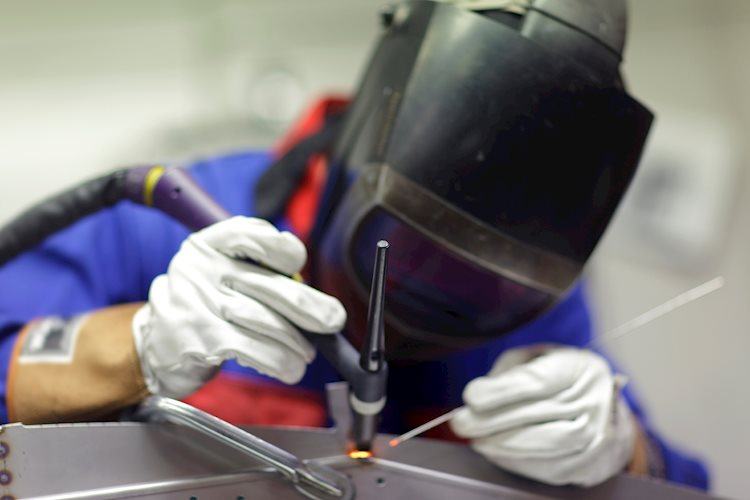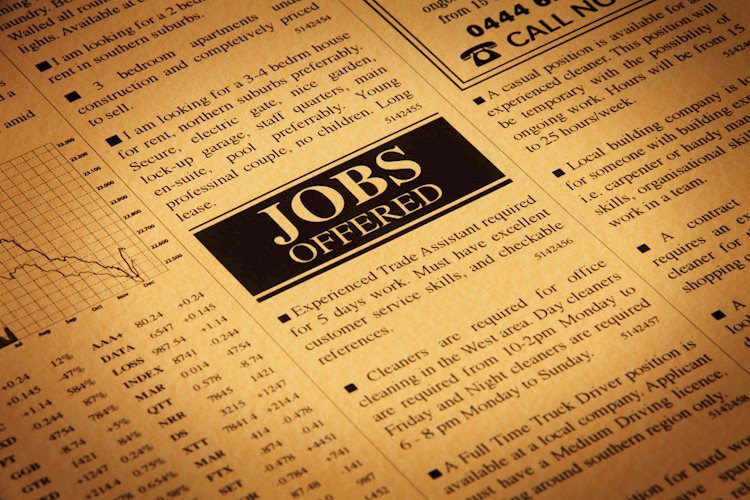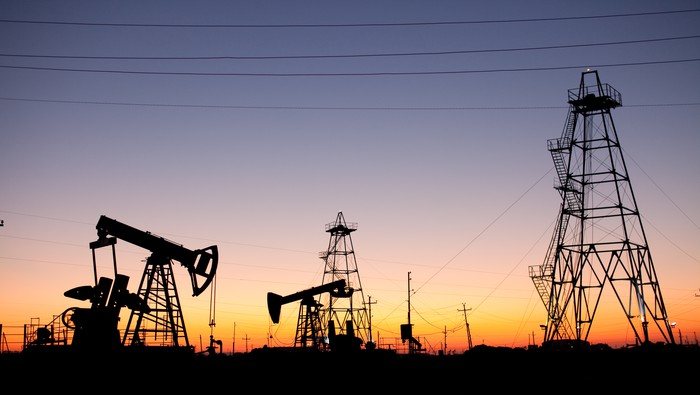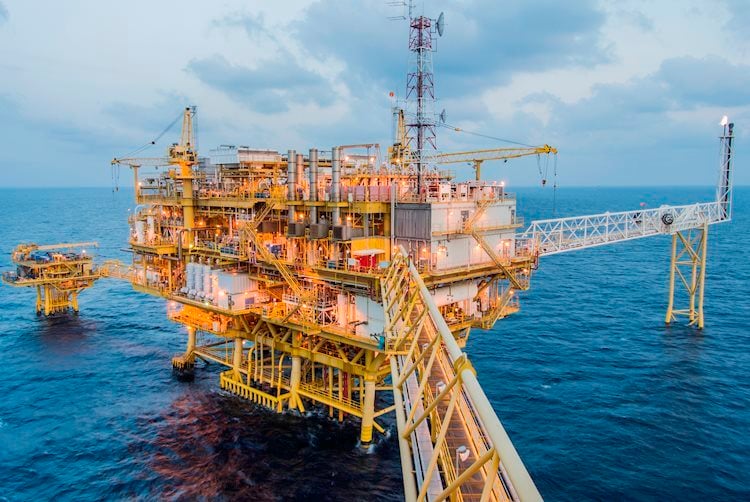The extraordinary rebound of crude oil continues. With WTI crossing the US$70/bbl mark, talk of $100 oil has gained traction. Furthermore, according to Art Woo, Senior Economist and Director Economics at the Bank of Montreal, the rise in prices should make things easier for OPEC+ at its Ministerial Meeting on July 1, when it will decide on its production cut strategy for August and beyond.
“We believe that, in addition to higher-than-expected prices, another major element in OPEC+’s favor is that the recovery in US crude oil output has been subdued to date.”
“Despite the clear economic benefits of increased export dollars and fiscal income, we wonder if OPEC+ would be truly comfortable allowing crude oil prices to rise significantly. Indeed, assuming current levels of crude oil prices are maintained, many significant OPEC+ members’ budgets will return to surplus.”
“Allowing oil to reach $100 or $90 on a sustained basis would very certainly boost the viability of some U.S. output that was shut down last year. Furthermore, there is a possibility that rising prices will hasten the transition to renewable energy sources (i.e., electric vehicles). As a result, despite the probable resumption of Iranian production, OPEC+ may begin to unwind its production curbs more aggressively.”
“Due to OPEC+’s capacity to control supply and rebalance the global oil market, we are revising up our predictions for WTI to average US$65/bbl in 2021 and $70 in 2022 (originally $60 for both years). This isn’t to suggest prices can’t rise, especially given commodities’ proclivity for overshooting, but we believe such a move will be short-lived.”
Continue reading





